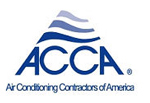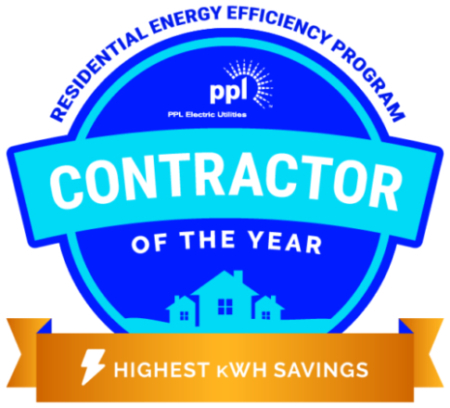What size air filter do I need and what kind should I buy?
HVAC systems have air filters to help keep them clean and air flowing properly. Filter sizes are determined by the size of the system and duct work. Commonly, air filters are 1” thick, then the filter is measured length by width. When choosing a filter to purchase, don’t get caught up in marketing ploys by filter manufacturers. Too dense of a filter will starve your system for return air. Stick with throw-away filters with a MERV rating of 8 or lower.









